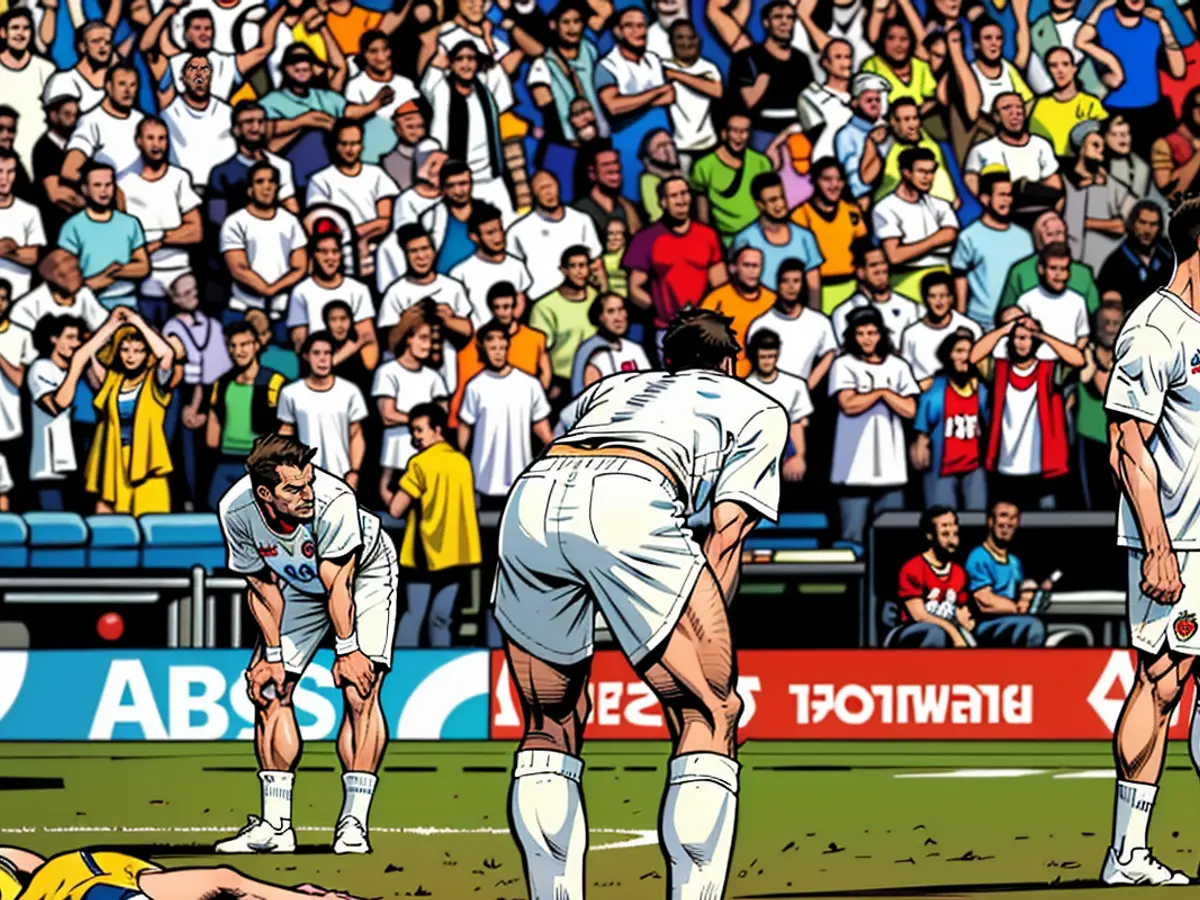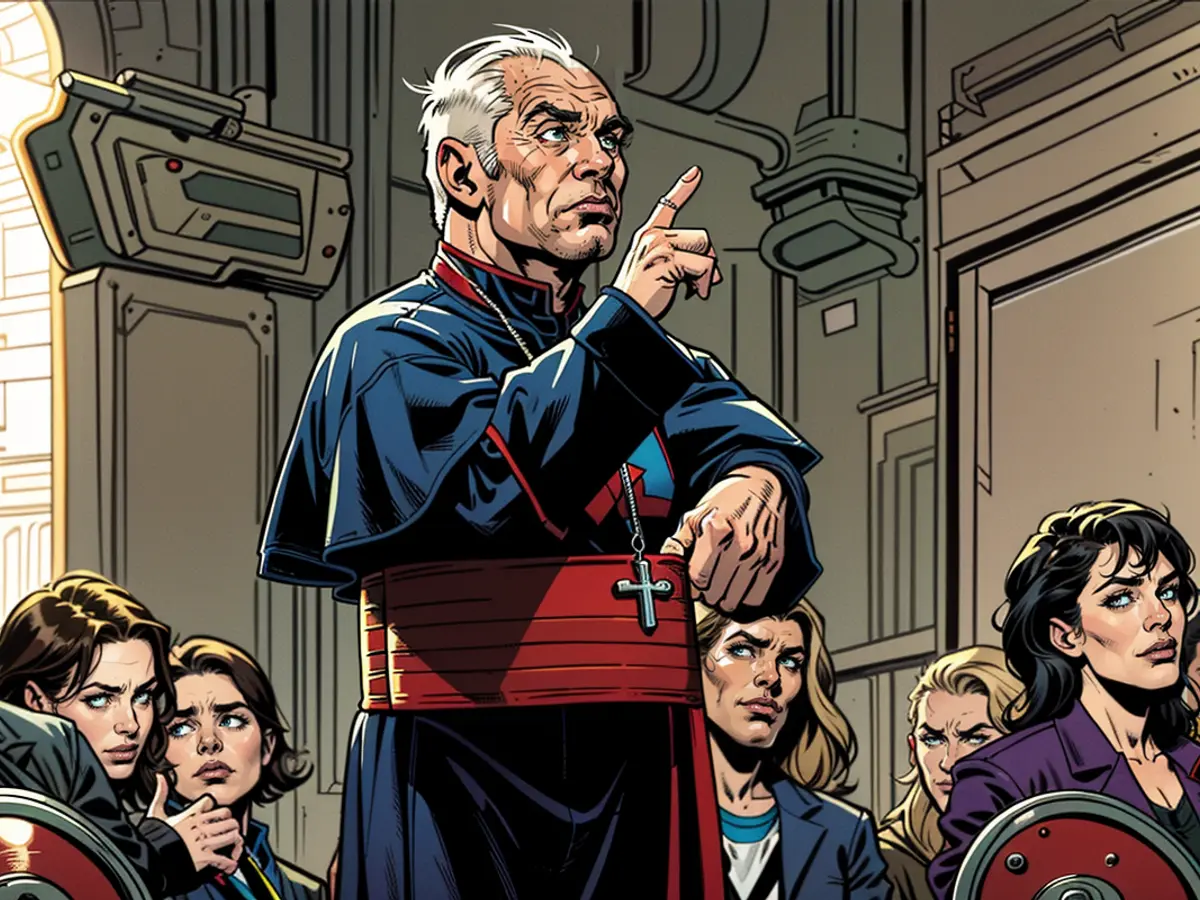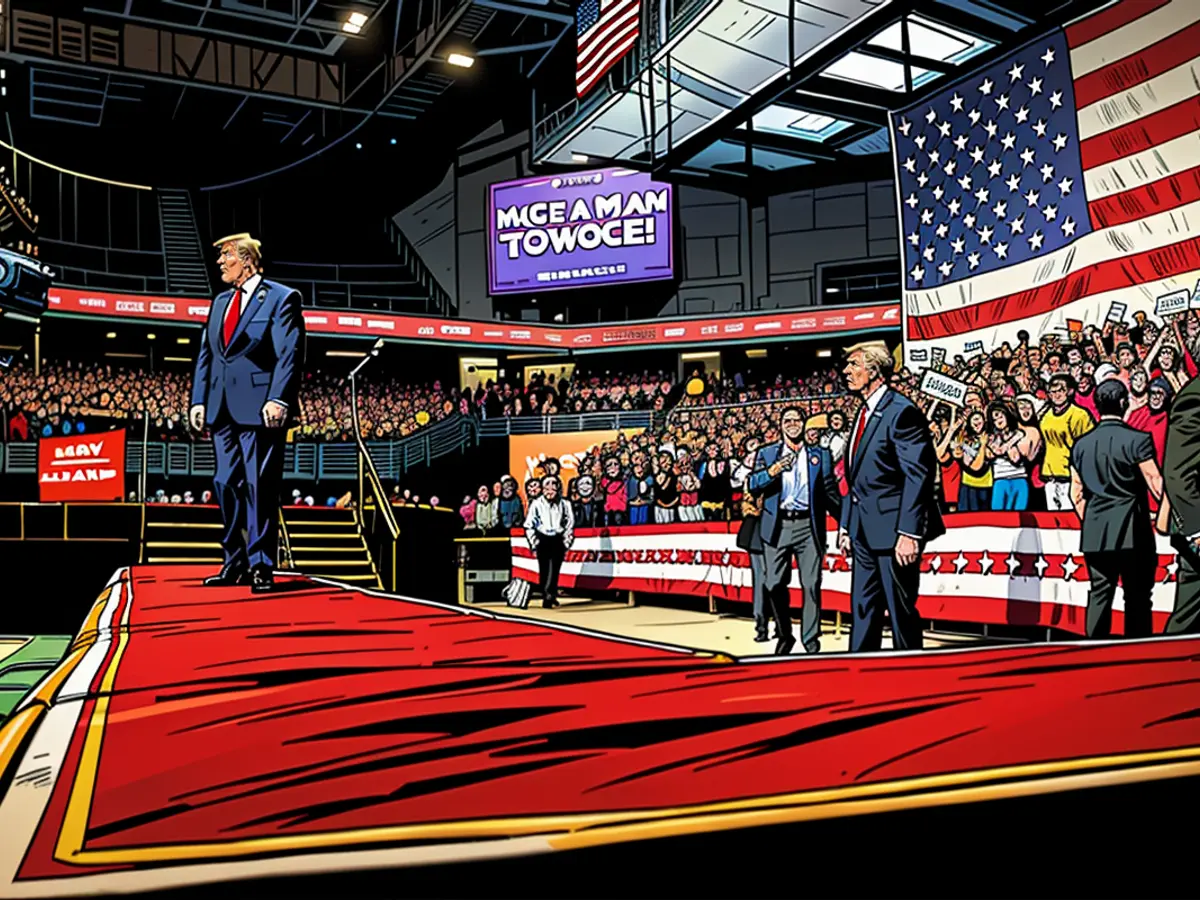A baby girl of Jewish descent, adopted following World War II, believed she'd never find her father. However, this year she gained an entire family.
But because of DNA testing and some detailed "family research," Milman, a 77-year-old retired teacher born in a displaced persons camp in Bergen-Belsen, recently returned from Poland. There, she met her unknown brother.
In her early life, Milman, who grew up on an Israeli kibbutz, learned that her mother and father were not the ones who gave birth to her when she was 6. A childhood friend shared this "big secret" with her, which felt like a blow to the stomach.
When confronted, her parents claimed they loved her, but admitted that they weren't her biological parents. From that point onwards, she constantly tried to find out about her origins, but the response was always, "You'll find out when you grow up."
In her 30s, Milman tracked down her birth certificate, which showed she was born Helena Lewinska in 1947. Her biological mother, Franziska Lewinska, was a Polish-Jewish woman living in the Bergen-Belsen displaced persons camp, not far from the site of the former Nazi concentration camp. She was then taken to Israel as part of a group of unaccompanied children from war-torn Europe. She was adopted by a couple, Eliezer and Hulda Rosenfeld, from Kibbutz Merhavia, near Haifa.
Milman eventually managed to track down her mother, who had married and changed her name, in Canada. She spent a year with her family and got close to her mother, known as Franka. Franka shared her Holocaust survival story: she escaped from the Warsaw Ghetto, lived on the other side of the city under a false identity, and lost her parents and siblings at the Nazis' Treblinka extermination camp. She, however, refused to disclose her daughter's father's identity.
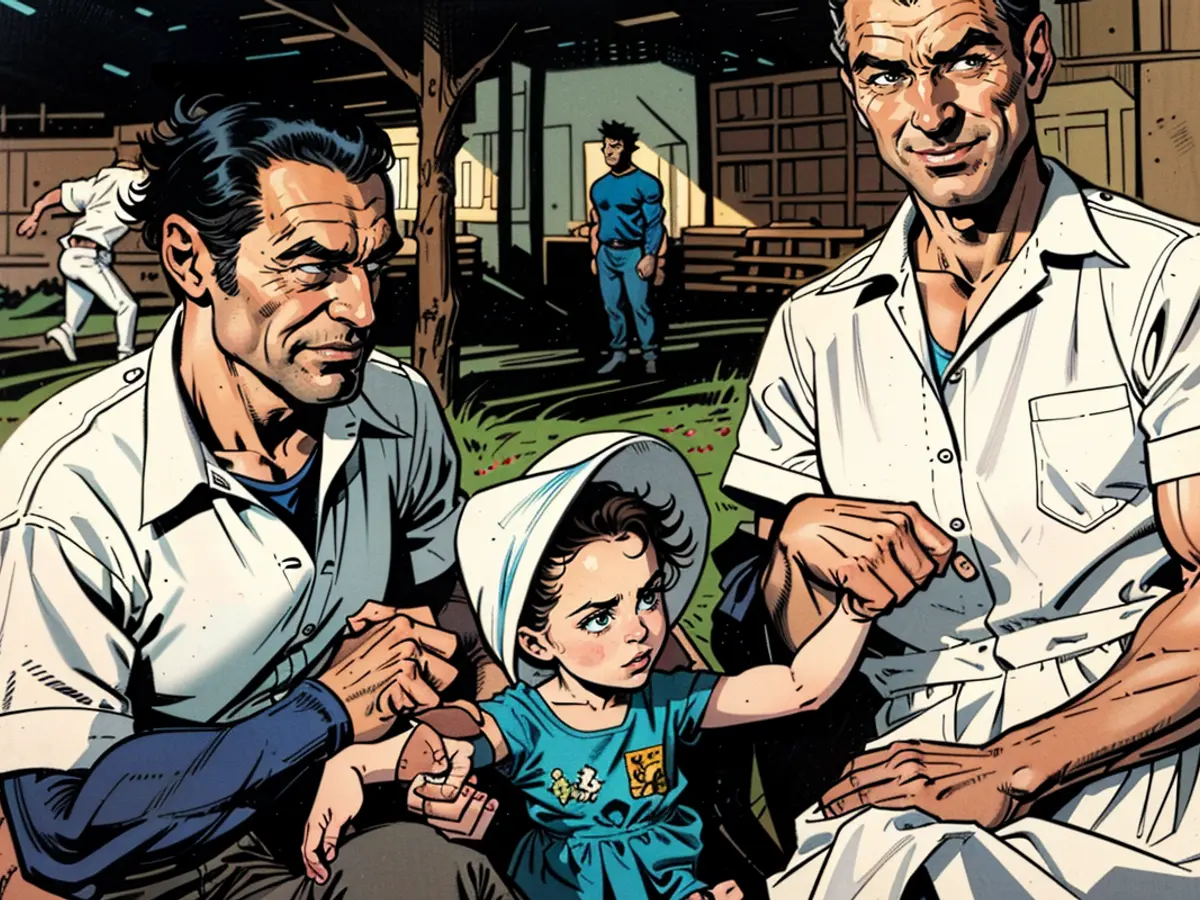
According to the birth certificate, Milman's father was named Eugeniusz Lewinski, but there was no proof of such a person existing.
"Every time I asked my mother about her past or my father, she provided different stories," Milman said. "When I kept pushing, she'd say that 'he was a very good singer and dancer — and very handsome.' "
After publishing an autobiography in the previous year, titled "When you grow up, you'll know," Milman had accepted the fact that she might never know the identity of her father.
Surprisingly, Gilad Japhet, the founder, and CEO of the genealogy platform MyHeritage, read the magazine interview and offered his company's help, saying, "Can we assist?"
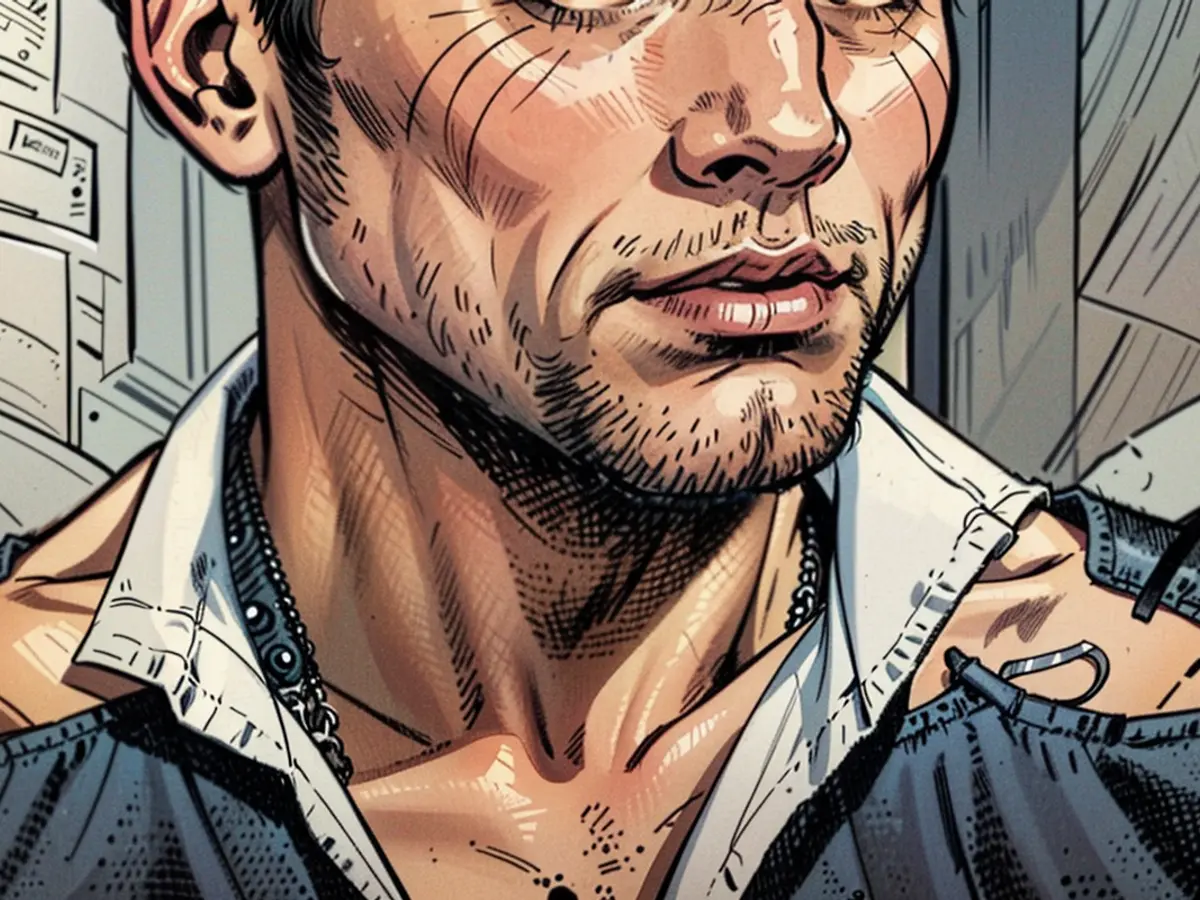
With Milman's approval, My Heritage began the "family detective work." The investigation started with few clues; it seemed like her mother used the male form of her surname to imply they were married.
However, when Milman underwent a DNA test, it proved vital as it showed she had 50% Ashkenazi Jewish and 50% Eastern European ancestry and a 2.3% match with a Polish woman living in France. They traced the connection back to their pair of great-grandparents.
My Heritage utilized their extensive database of historical documents, aided by a professional researcher who scoured through the Polish archives. It took them six months of tracing the family and examining each genealogical branch and its male descendants. Considering the timeframe during the post-war period, they narrowed down the possible candidates to six.
After searching for a suitable person, Milman's team discovered and connected with Juliusz, a retired veterinarian in northern Poland whose father was Eugeniusz Gorzkoś. This discovery was confirmed by a DNA test that proved Juliusz and Milman were half-siblings.
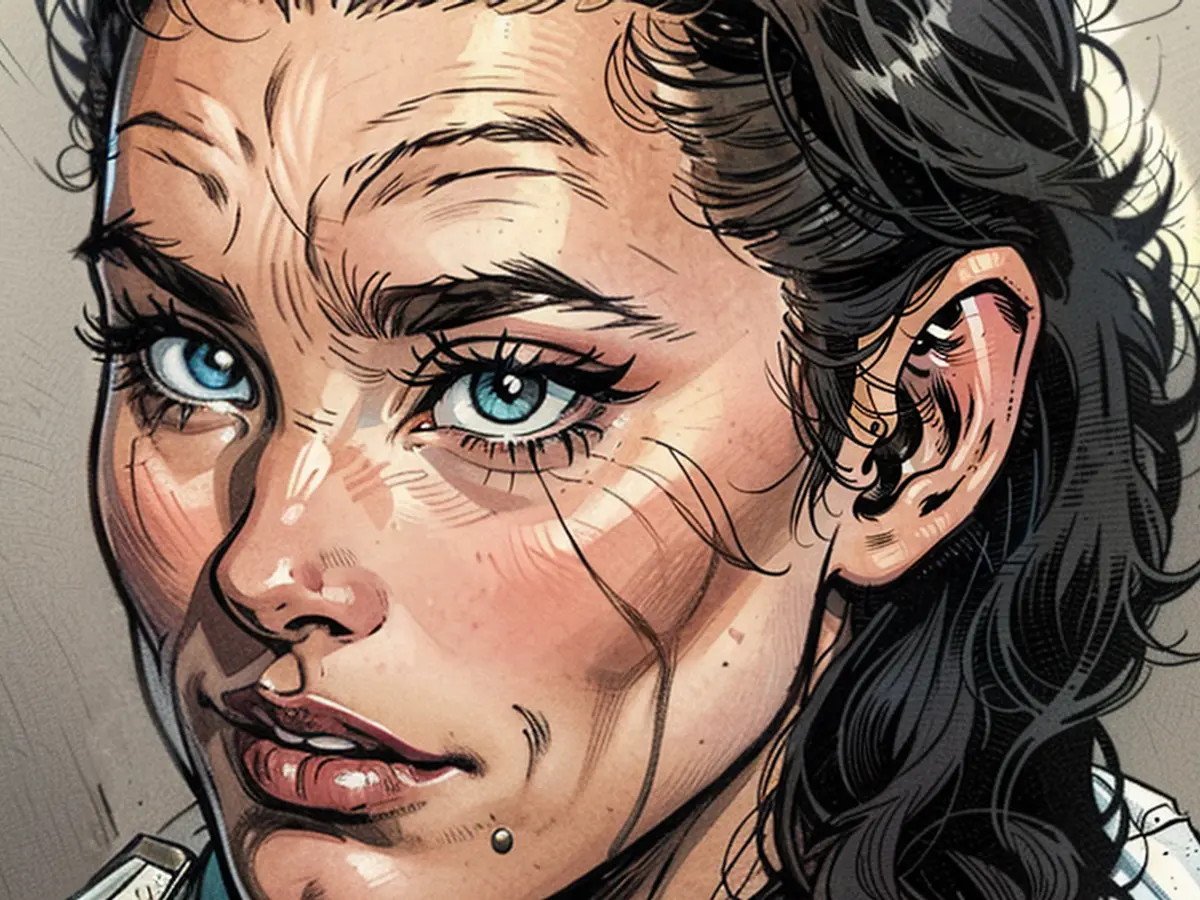
A pair first made contact at a virtual get-together coordinated by MyHeritage in March. Through an interpreter, Milman informed her brother that uncovering her heritage had been her top priority.
Gorzkowski mentioned that their dad was a proficient violinist and singer, which set Milman off, tears streaming down her face, “He was a violinist? Oh my goodness, I played violin as well. For a decade! I was a part of an orchestra and even a singer.”
Recently, she journeyed to Poland to meet her brother, accompanied by her grown granddaughter. At the airport, they were embraced by Gorzkowski and one of his sons with flowers and warm hugs. “As soon as I saw them, I felt it wasn't just water sharing the same attributes,” Milman said to CNN.
The siblings spent several days at Gorzkowski's home in the village of Blizno, northwest of Warsaw, with his English-speaking son assisting with communication. “My family claimed we share a resemblance,” she mentioned, adding that she also met Gorzkowski's sister Ewa, another close family member Milman had never before encountered.
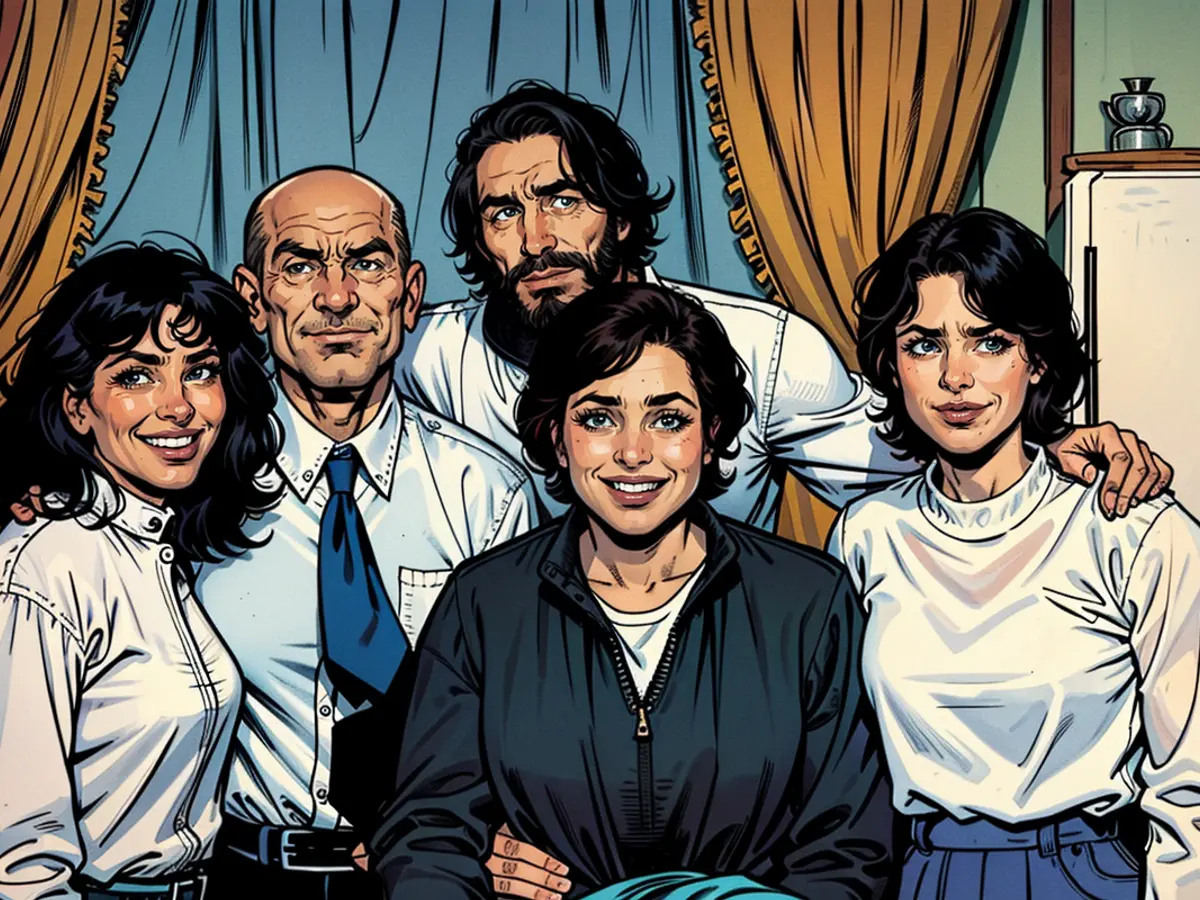
“They created an album for me, showcasing my dad with his family members. It was astounding! I saw a striking resemblance with a few individuals from my own clan,” she shared.
Milman was overjoyed to connect with her brother and family members, calling the experience "better than anything I could've imagined.”
She took her granddaughter and one of her brother's sons on a trip to Warsaw. While there, they stood in a spot that sent shivers down Milman's spine.
On one side was a marker indicating where the Jewish ghetto division ended, and on the other side, a plaque acknowledging the resistance fighters slain by German forces as they suppressed the 1944 Warsaw Uprising headed by the Polish underground, known as the Armia Krajowa (Home Army).
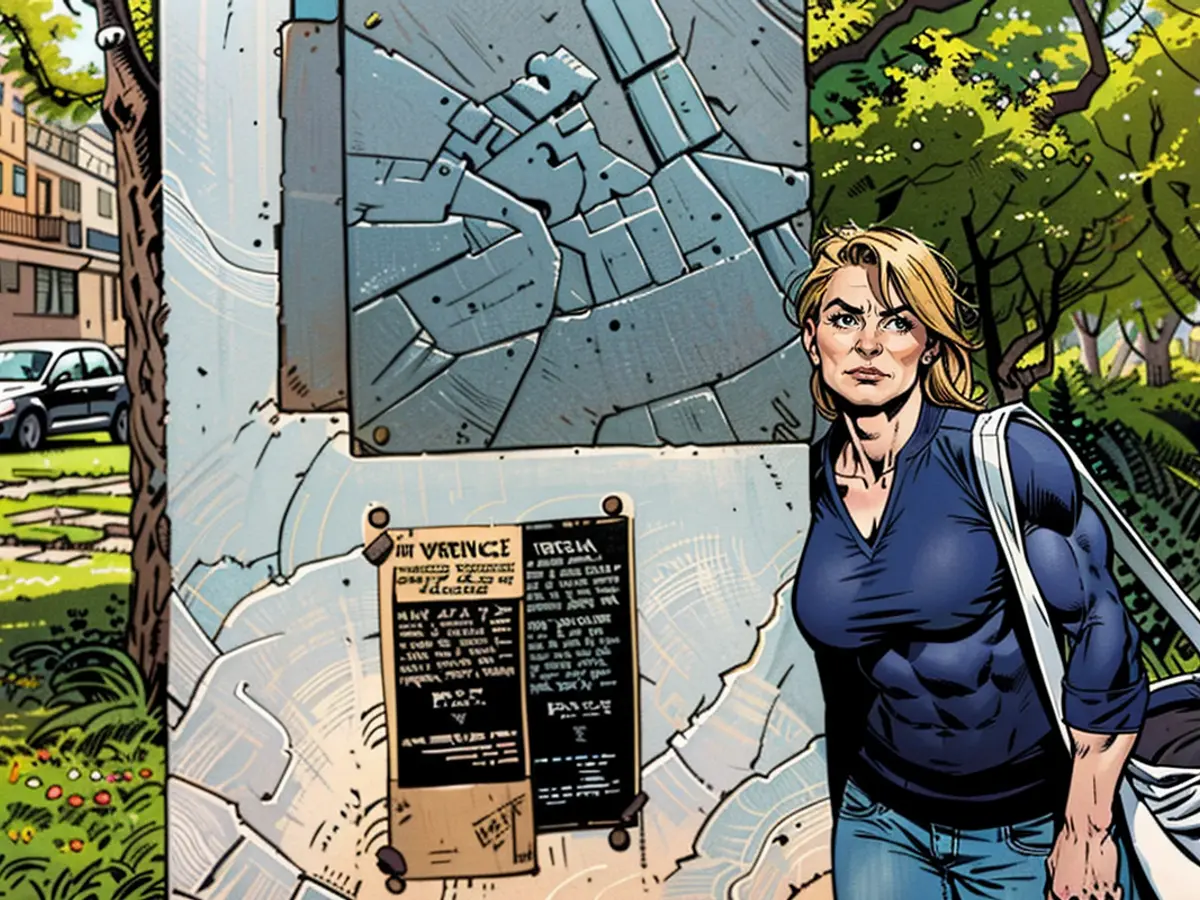
She referred to it as a "momentous instance in the trip," recognizing she was standing near where her parents encountered the Nazis 80 years earlier.
Milman added, "I am an heir of a Polish-Jewish mother - a Warsaw Ghetto survivor - and a Polish-Catholic father, a former Armia Krajowa warrior who was wounded and seized on the first day of the Polish uprising on August 1, 1944."
Mandel explained, “I am thrilled that we were instrumental in closing the family’s circle for Elena.”
Gorzkowski expressed that he couldn't have imagined meeting another sister. "I was thinking my days were drawing to a close," he said on a video call with CNN. The reunion left him feeling "as if I was born again.”
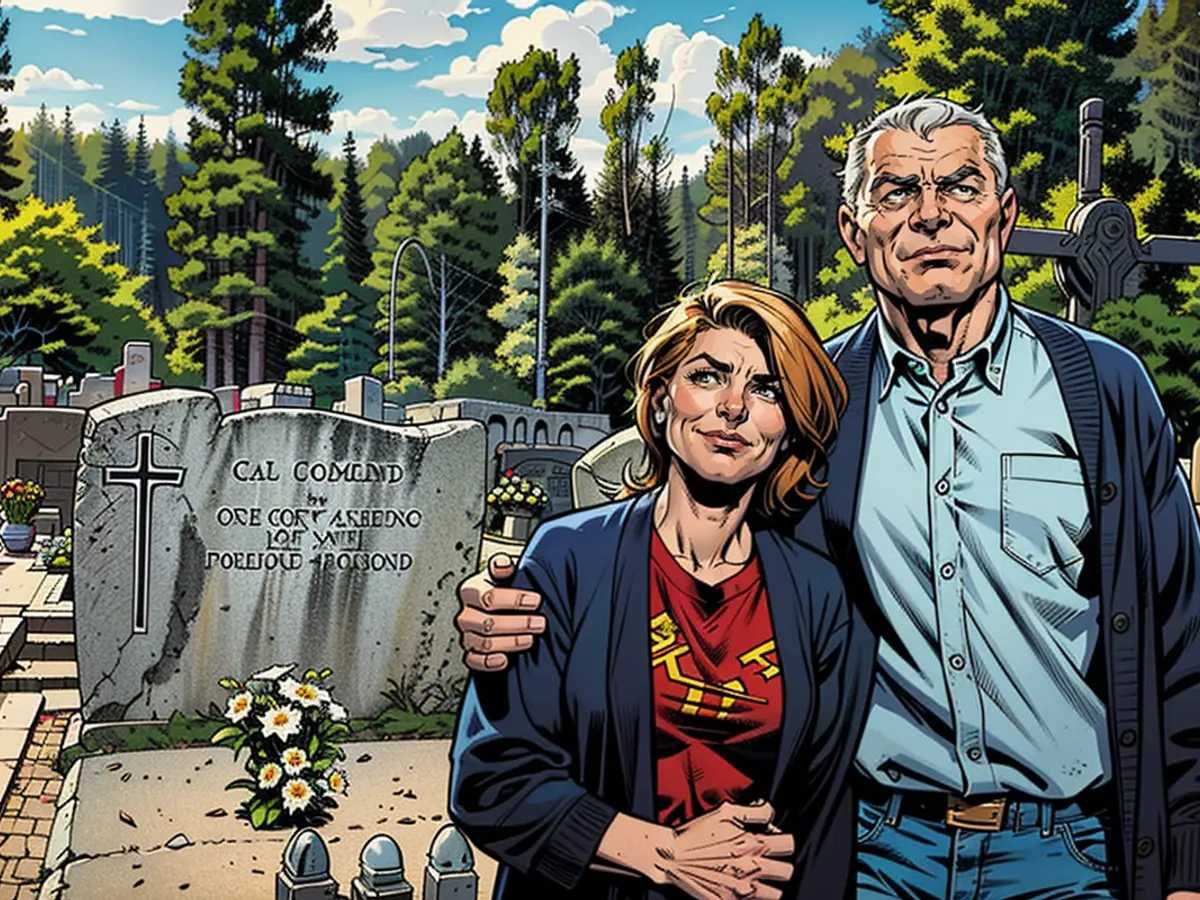
Gorzkowski's son shared that Eugeniusz just barely escaped being called up initially and signed up for the resistance in 1940. Three years later, he was seized by the Germans for distributing resistance flyers. "He was held in Warsaw for several months," he revealed.
After enduring injuries in the Warsaw Uprising in 1944, Eugeniusz was held in a prisoner-of-war camp in Germany. This might have been where he met Lewinska - or perhaps their paths crossed in Warsaw prior. Their relationship's details remain unknown, and Milman acknowledged that, for now, the details aren't crucial.
“Now that doesn’t matter to me when compared to how I wrote my book and believed this was my most crucial goal," she admitted. Her autobiography is forthcoming on Amazon as "The Secrets My Mother Kept."
Mandel from MyHeritage said, "We felt obligated to help Milman in her search. Hours and hours of thorough research and some instinct went into this, and technology was essential."
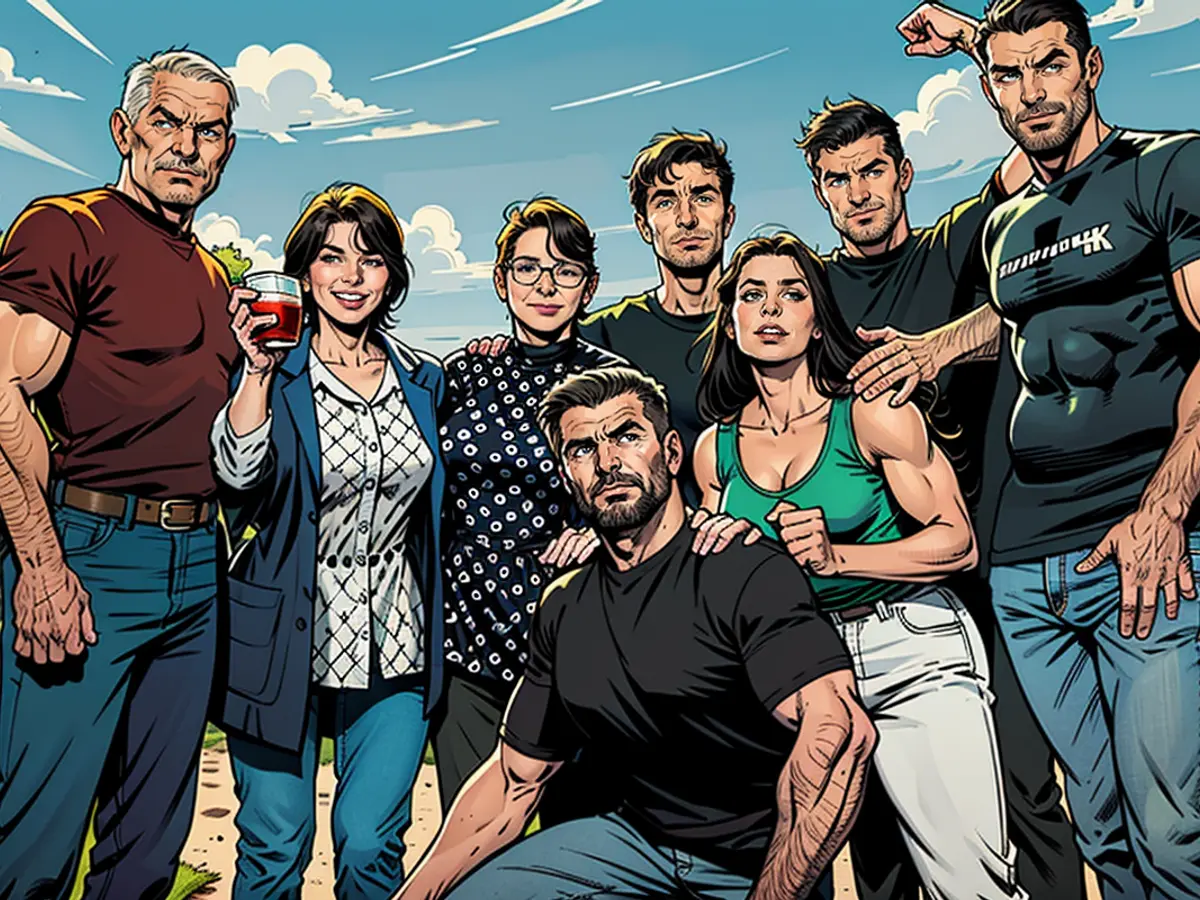
He further explained, “The DNA test matched findings and irrefutably proved that we discovered her half-brother."
The increased exposure to war stories and fresh discoveries may be why long-hidden family mysteries are surfacing now. "80 years have passed since the conflict, yet we're witnessing an upsurge in these stories and new revelations due to digitally accessible archives and DNA tests."
CNN's Antonia Mortensen helped create this article.
Read also:
Despite the DNA test results and extensive family research, Milman's search for her biological father's identity remained elusive.
Upon meeting her brother in Poland, Milman expressed her gratitude for the World Wide Web, which connected her to the family history she had never known before.


